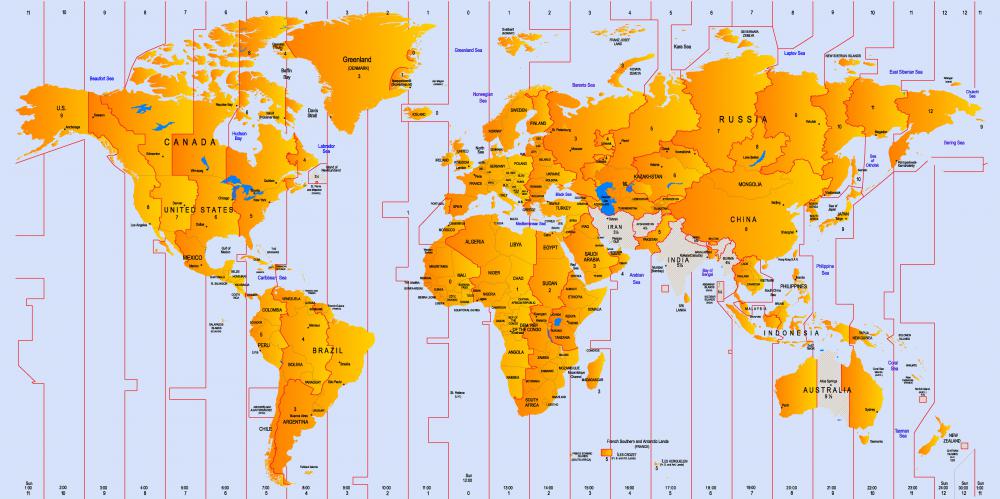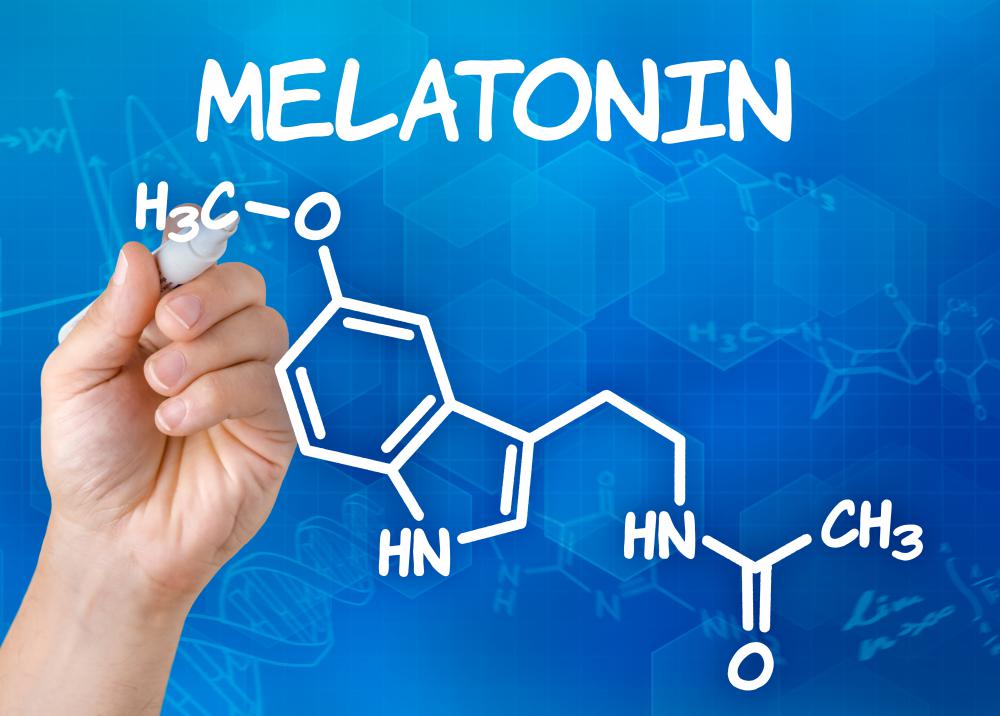At WiseGEEK, we're committed to delivering accurate, trustworthy information. Our expert-authored content is rigorously fact-checked and sourced from credible authorities. Discover how we uphold the highest standards in providing you with reliable knowledge.
What is the Connection Between the Pineal Gland and Melatonin?
The pineal gland is located above the cerebellum and near the center of the human brain. The gland is very small, less than 1/2 inch (1.27 cm) in size. Melatonin synthesis occurs in the pineal gland in response to changes in light. In humans, this hormone secretion regulates sleep and has been implicated in age-related diseases and seasonal affective disorder (SAD).
The retina in the eye transmits information on light exposure to the pineal gland. The pineal gland uses this information to coordinate the human biological clock. Melatonin is secreted by the pineal gland at night to help induce sleep, while light exposure inhibits melatonin production. During the day, melatonin secretion is almost zero.

The pineal gland and melatonin are implicated in seasonal affective disorder. In the winter months at northern latitudes, the amount of sunlight declines. The decrease in daylight causes the pineal gland to increase melatonin production. The increase in melatonin levels leads to excessive sleepiness, weight gain, fatigue and depression. Exposing a SAD patient to artificial sunlight inhibits the melatonin production and improves symptoms.

Jet lag is caused by a disruption in circadian rhythms resulting from the lack of darkness that occurs as airline flights across time zones disrupt the pineal gland and melatonin production. Symptoms of jet lag include insomnia, fatigue and brain fog, though taking melatonin supplements may help to restore circadian rhythms. Night-shift workers experience symptoms similar to jet lag. For these workers, sleeping with blackout drapes can help to simulate nighttime and induce melatonin production.

The pineal gland and melatonin production change with advanced age. Melatonin production declines and the pineal gland develops calcifications referred to as brain sand. Melatonin is a potent antioxidant and is involved in promoting the enzyme glutathione peroxidase, another antioxidant. Both of these antioxidants prevent damage from free radicals. When melatonin levels decline, the resulting free radical damage may contribute to aging and age-related disease.

In mammals with a specific breeding season, the pineal gland and melatonin levels also control fertility. Outside of the breeding season, males do not produce sperm because high levels of melatonin inhibit the gonads. In spring, the amount of daylight increases, melatonin levels drop and the animal is ready for a new breeding cycle. Humans do not experience seasonal reproduction, so melatonin levels do not affect human fertility.
AS FEATURED ON:
AS FEATURED ON:














Discuss this Article
Post your comments